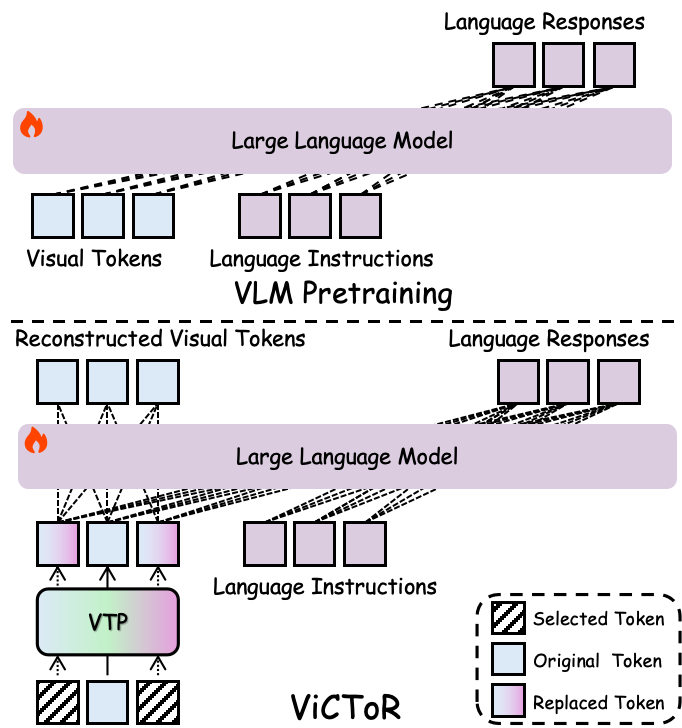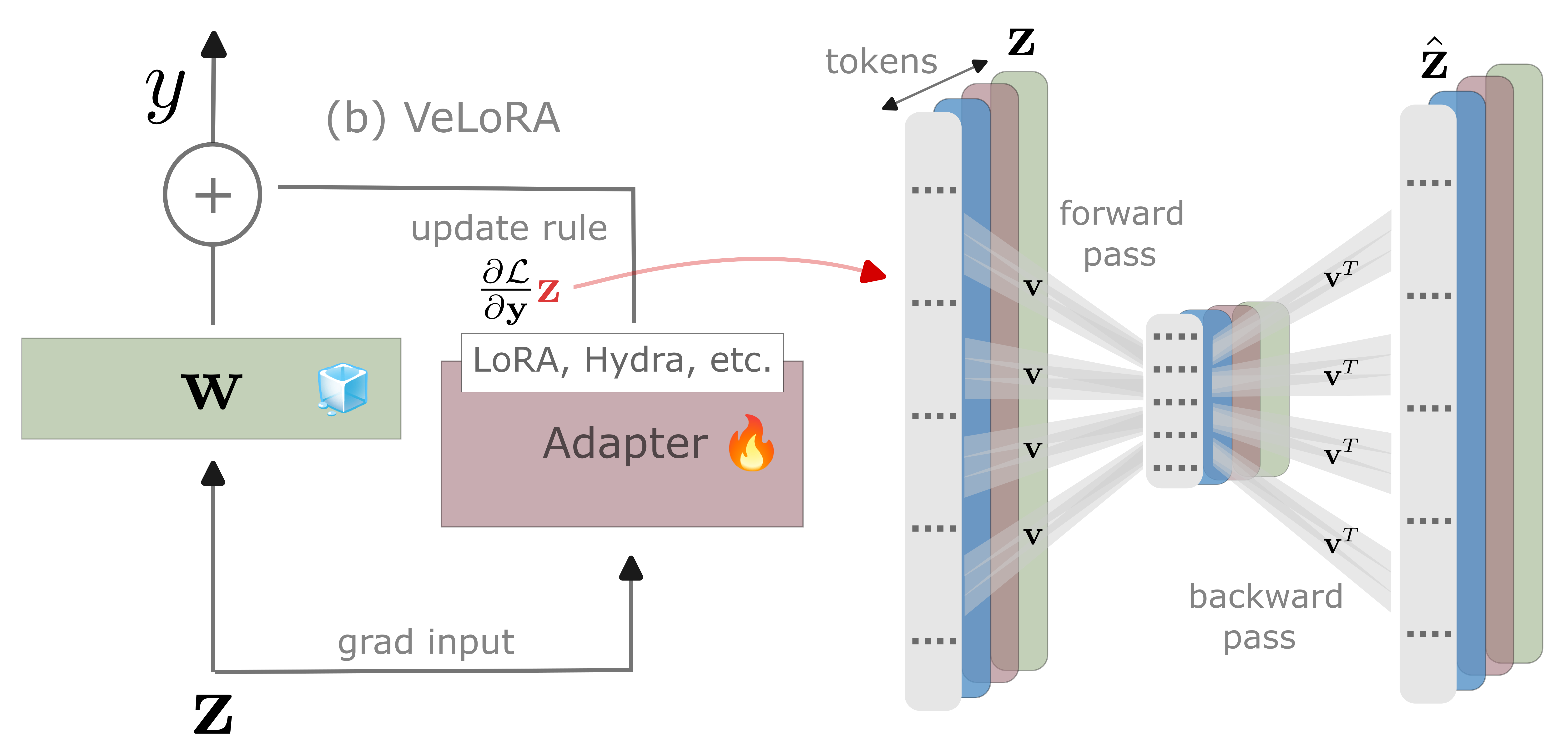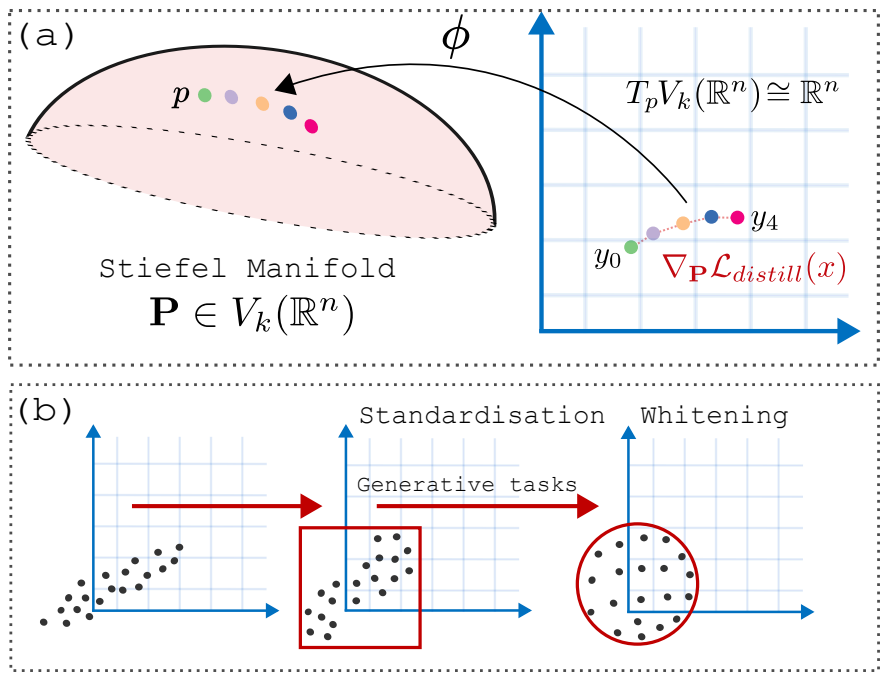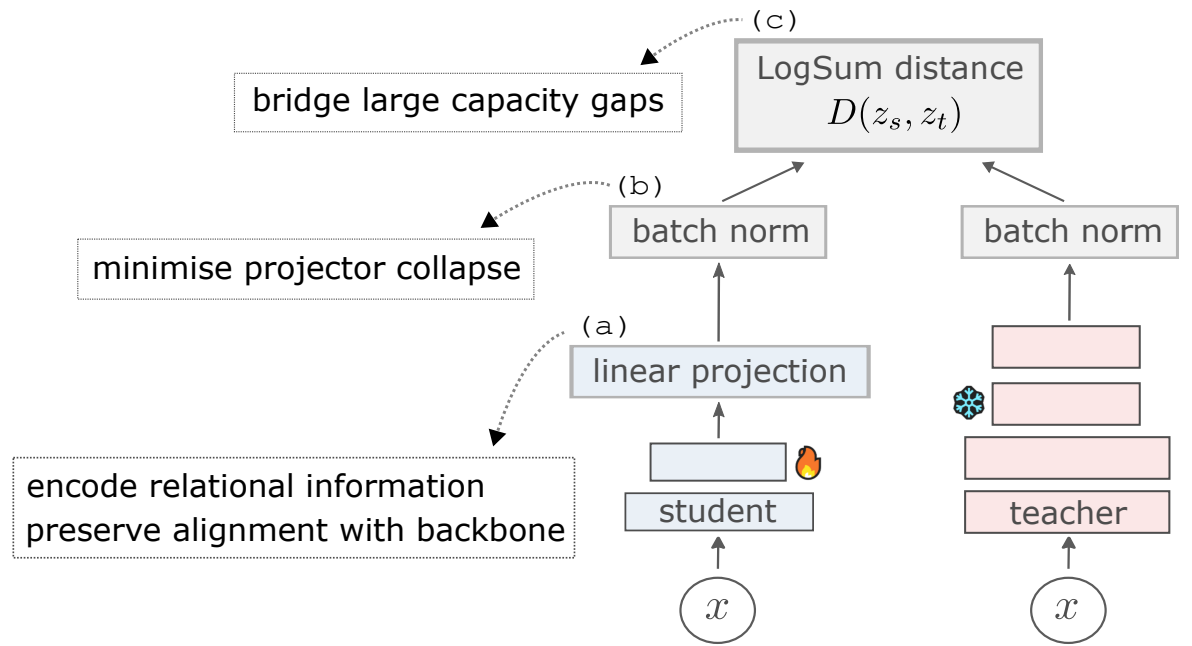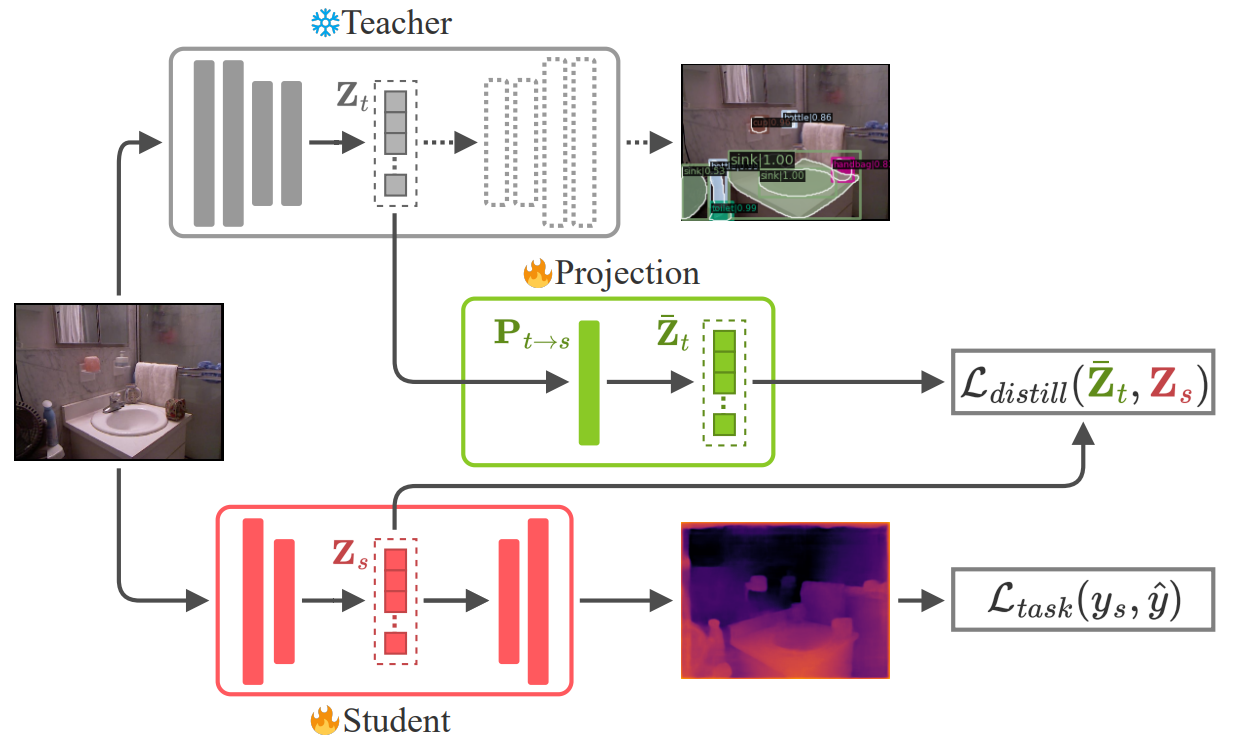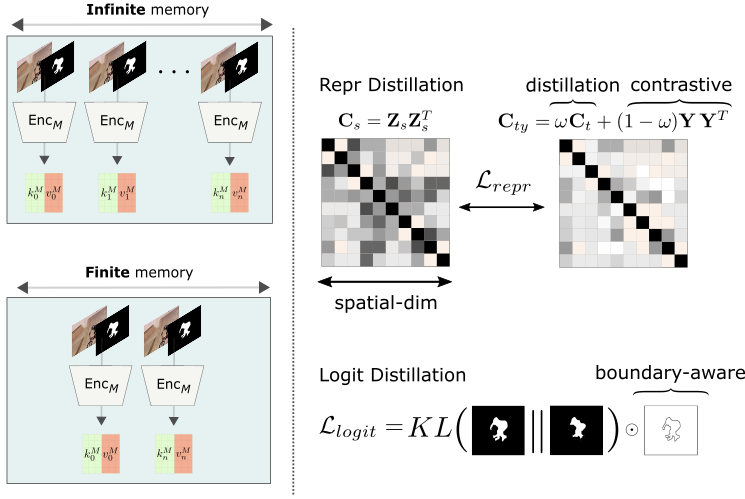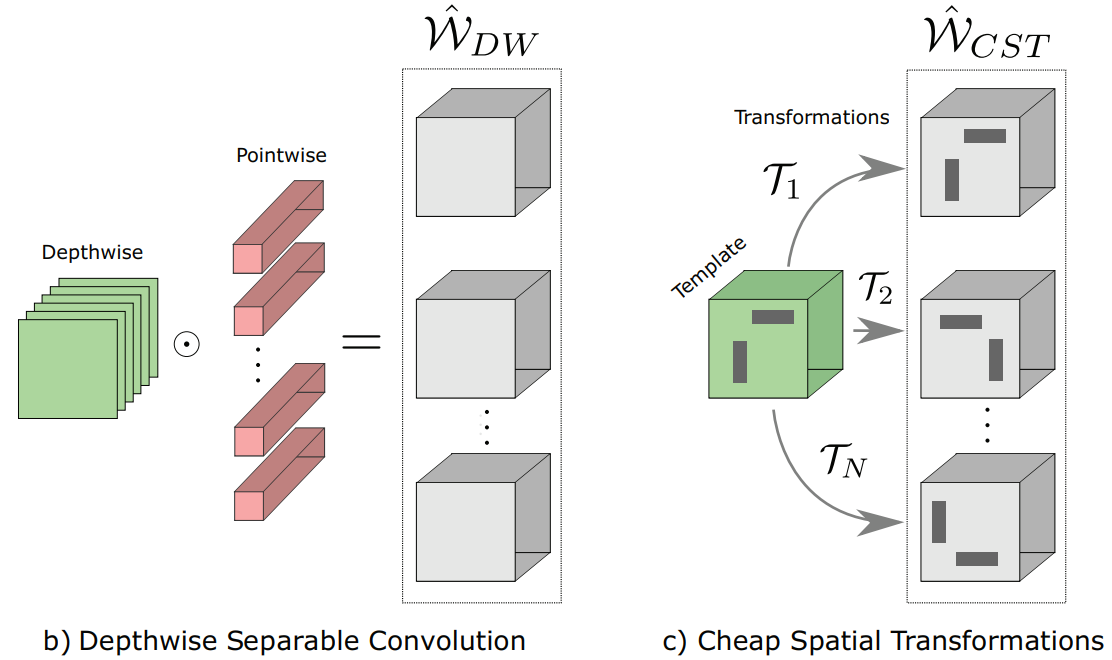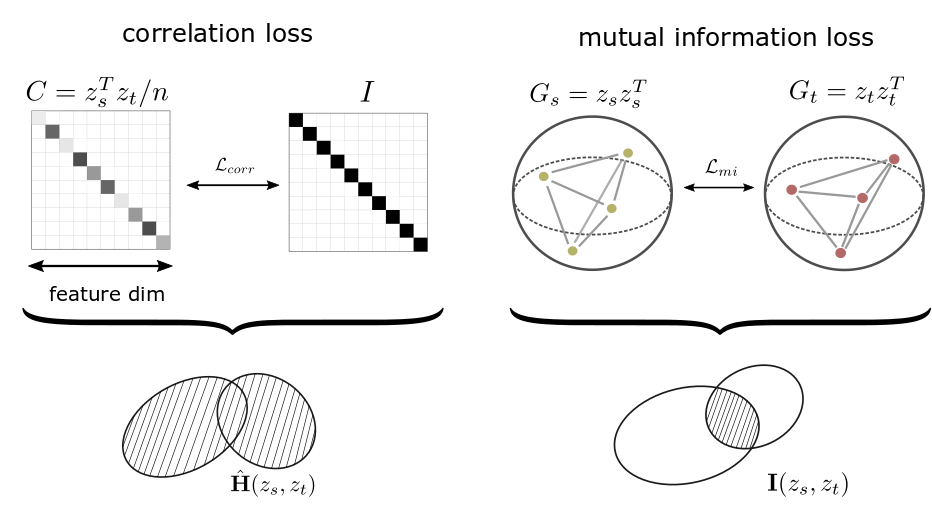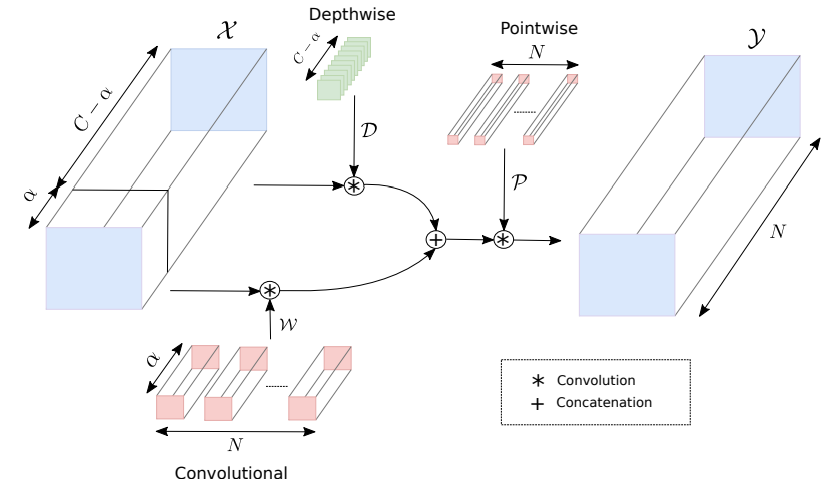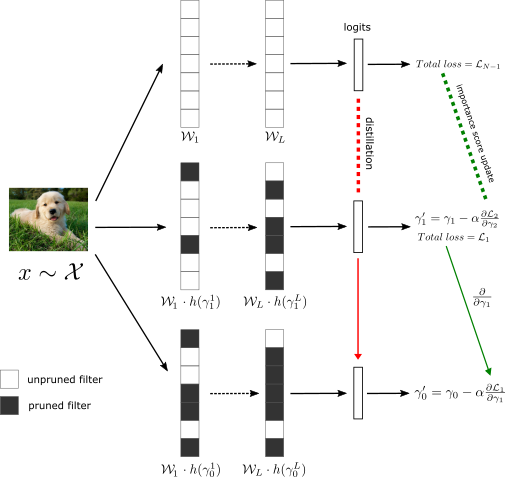Senior Research Scientist — Huawei Noah's Ark Lab
01/2023 — Present
- Foundational research on knowledge distillation for vision-language models.
- Involved in the recruitment and interviews stages for several permanent and internship positions.
- Collaboration and leading several successful research projects.
- Award for outstanding individual contributor in 2024.
- Managed several interns with their topics on multi-modality learning.
- Integrated and landed research on parameter efficient fine-tuning with the product camera teams.
Research Scientist Intern - Samsung Research UK
06/2022 — 01/2023
- Semi-supervised video object segmentation for mobile devices
- Novel unification of representation distillation and contrastive learning.
- Achieved competitive performance despite running up to ×5 faster, and with ×32 fewer parameters.
- Integrated research code into the Samsungs mobile product.
- SRUK 2023 Best Paper Award for MobileVOS presented at CVPR. [blog]
Software Engineer Intern - Waymont Consulting
06/2017 — 09/2017
- Developed a responsive web GUI with a C++ backend to automate signal processing tests.
- Replaced previously manual testing system and increased efficiency by hundredfold.
Software Engineer Intern - Toshiba Research Europe
06/2016 — 09/2016
- Designed out-of-tree blocks in C++ using the GNURadio signal processing environment.
- Characterised and linearised a communication channel between two USRP devices.
- Utilised the RC-5 Infrared standard for short-range and low-data rate IoT applications.
Software Engineer Intern - Toshiba Research Europe
06/2015 — 09/2015
- Developed a GUI to operate a motor-driven positioner in conjunction with a VNA.
- Measured various antenna patterns within an anechoic chamber.
- VB.NET code to synchronize two X-Y positioners for analyzing propagation channels.


